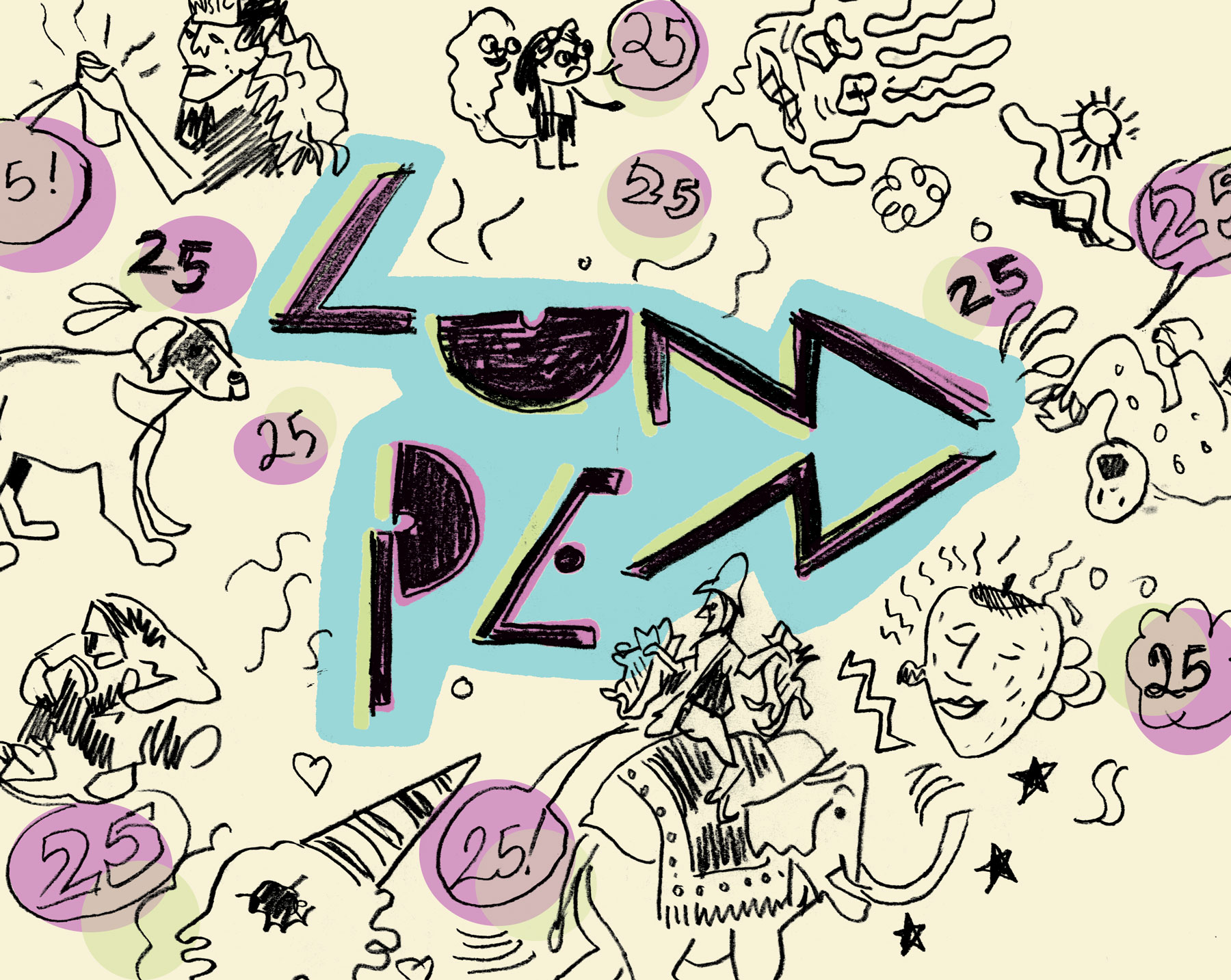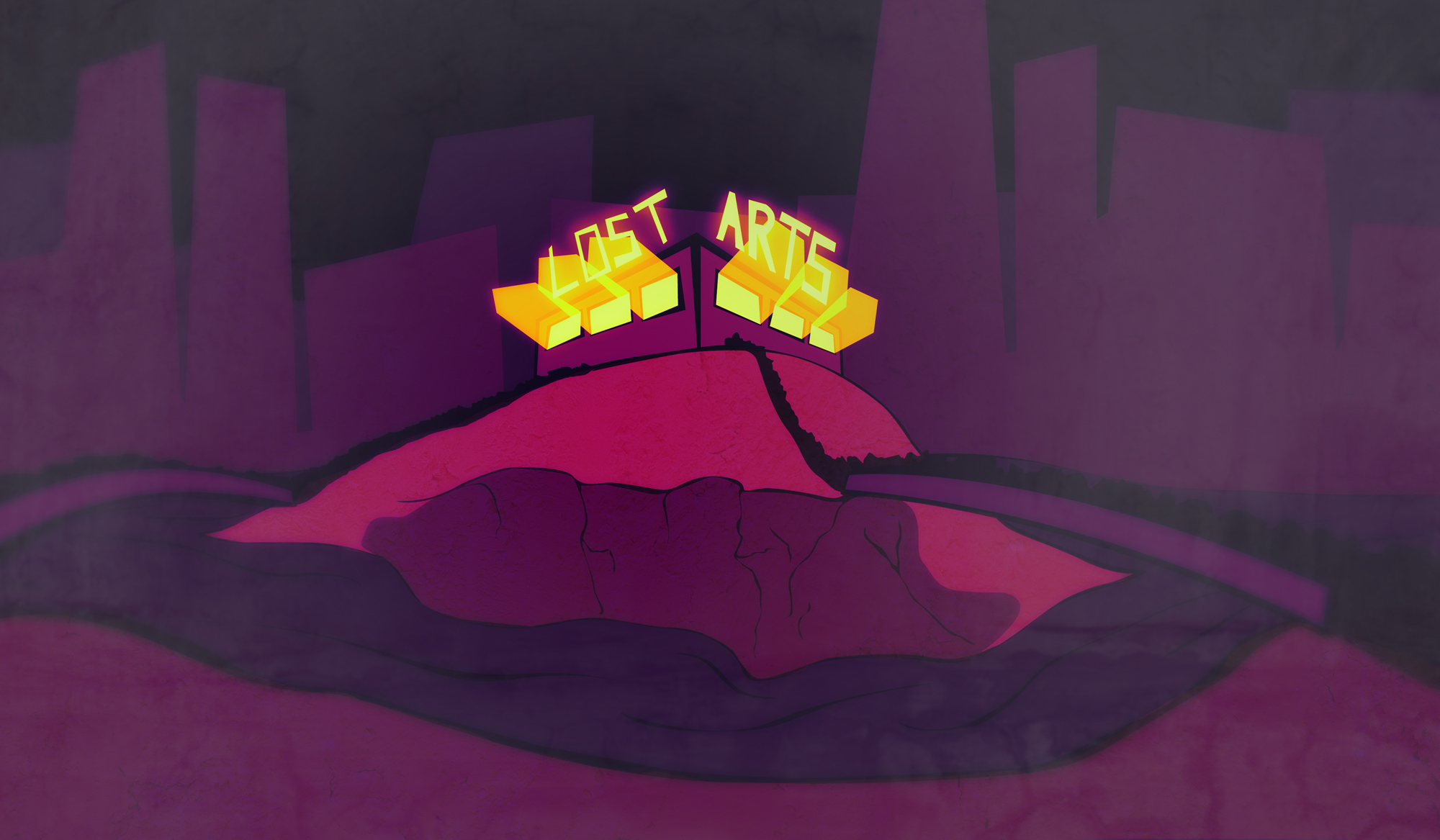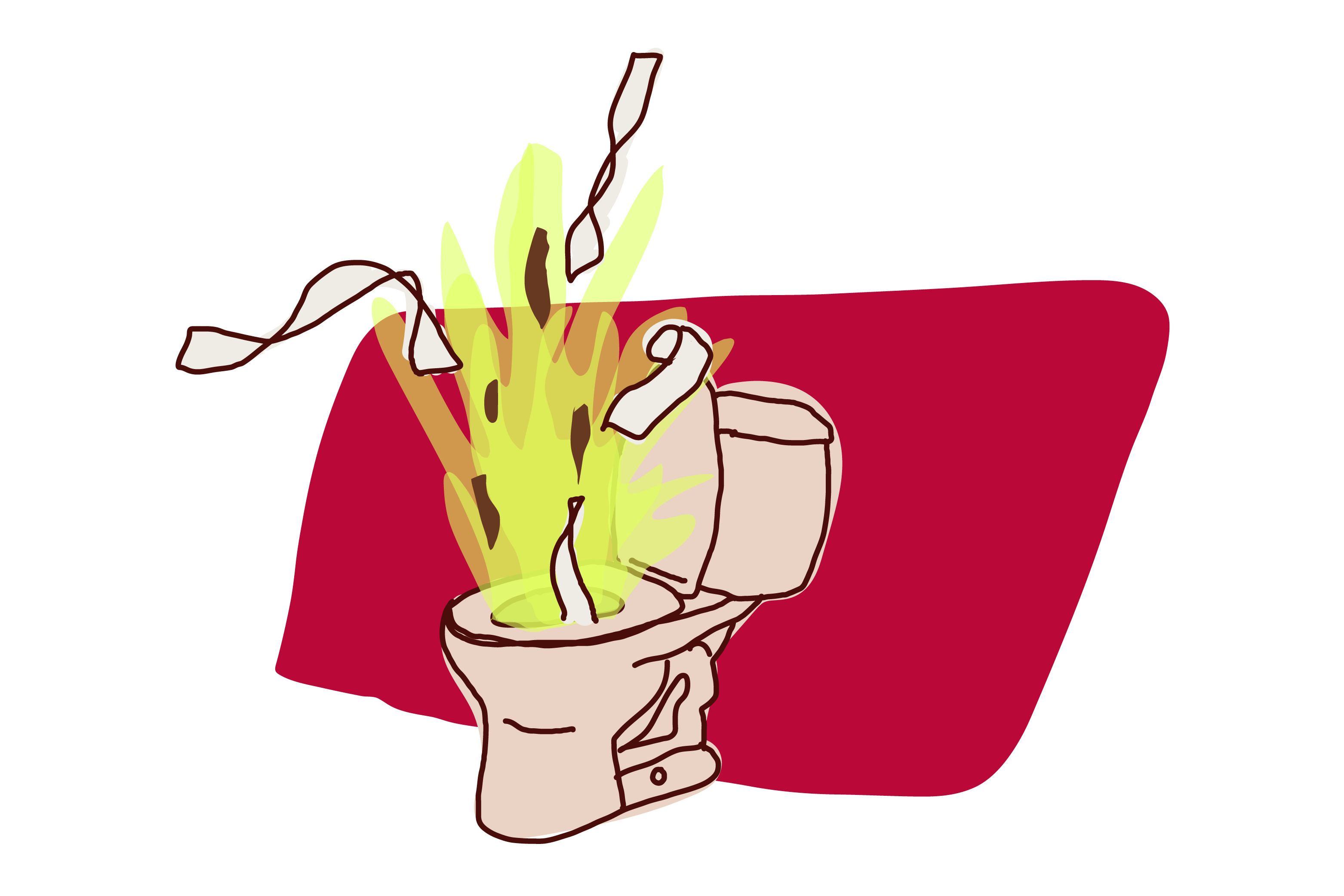
Discerning anti-establishmentarians all over Chicago are raising glasses of craft beer in celebration: Lumpen Magazine — and the media anti-empire behind it — is celebrating its 25th anniversary.
If you’re not familiar with Chicago’s favorite liberal counterculture rag, right now is a particularly good time to get acquainted.
In 1991, Ed Marszewski, a native Chicagoan with a BA in Political Science, looked around at the what he perceived to be the demonic coadunation of corporate media and decided he’d better do something. The action he took was to make the first issue of Lumpen.
The vision for the magazine was to pack whip-smart and frequently hilarious articles, essays, reviews, interviews, and plenty of visual art and comics onto pages that would go beyond quality content and ignite social activism. Don’t just steal this magazine, Lumpen seemed to say, use it as a tool for change.
The publication was embraced by counterculture communities in Chicago and many writers and artists found a home for their work and concerns in Lumpen. Over the years, along with a growing readership, the magazine garnered a reputation in the not-quite-mainstream mainstream media as being solidly good: FADER, The Utne Reader, and AdBusters have all widely praised Lumpen for its mission and execution. Politics, art, and underground culture worth getting gleefully or angrily worked up about could be found on its pages.
Today, Lumpen’s circulation is between 10,000 and 15,000 per issue. The website offers plenty of back issues and supplementary content, but the site can be exhausting, too; it’s easy to be overwhelmed by so many links to all the publications, projects, exhibits, etc. Getting a hard copy of the magazine at independent bookstores around the city is the simplest way to try Lumpen. The upcoming issue will be the 128th, though there is no release date as of yet: Lumpen publishes three or four issues a year, but not on a hard schedule.
For Millennials used to seeing tweets about activist uprisings and underground art parties, hunting down an actual magazine and passing it around to friends may seem dinosauric. But the magazine was the starting point for Lumpen (in the broad sense) to create a real-life, pre-web “social network” that gathered people together in the name of dissent.
“[The magazine] was our internet before there was an internet,” Marszewski said.
The magazine also serves as a sort of big, fat flyer for the other activities Lumpen at large has created since the magazine began — and there are a lot of other activities.
“If you take a look at The Dark Web, our recently created repository sharing a glimpse of our activities past and present, you will notice the breadth and diversity of our practices,” said Marszewski, who has lived in the Bridgeport neighborhood for nearly 20 years and is co-owner of Maria’s Community Bar and Packaged Goods (where you can get a bottle of Omnolith — a limited edition lager from the folks at Half Acre to celebrate Lumpen’s birthday.)
“Publishing, film and video, performance art, visual art, space making, art and technology, activism, experimental and advanced music, pranks, tactical media, and partying all melded together into a confusing-yet-cohesive series of platforms to creating alternative milieus and parallel spaces for expression and dissent from consensus reality,” said Marszewski in an email.
Indeed, gatherings have figured prominently in the Lumpen-verse. Version Fest was a “springtime convergence” and the Select Media Festival was a fall showcase of arts and counterculture. Certain exhibitions and related events have run annually but are by no means the only times the Lumpen community gets together, has fun, and acts up.
A statement on Lumpen’s website sums the festivals up like this:
We created our festivals to make sure artists, activists, and cultural workers of all stripes could gather together, make connections and hang out in the real world.
While there is no Version Fest planned for 2017, it’s safe to assume there will be future opportunities to hang out with some faction of The Public Media Institute — the umbrella non-profit that houses all this stuff. Exhibition openings, magazine issue launches, culture festivals, and good ol’ fashioned parties will be announced in the magazine and online when they happen.
Lumpen happenings can be downright rowdy. (What do you expect when nonconformists drink microbrew beer and argue about art?) Attendees happily report occasionally getting booted out of spaces and having run-ins with the police. But when asked if Chicago has been a hospitable place for his riotous projects, Marszewski was gracious.
“I firmly believe you can do anything you want in the Chicago. It’s the best town to live and work in. The city has been a great partner. Just know that it is best to ask for forgiveness than for permission,” he said.
The latest production out of PMI is Lumpen Radio, housed in the Co-Prosperity Sphere, which is an exhibit space in Bridgeport that houses many of Lumpen’s exhibits and events.
Once with a home only online, Lumpen Radio has taken its place on the real-life airwaves. This is no small accomplishment. Laws passed in the ’90s allowed media conglomerates to buy up huge numbers of radio stations, making community radio projects in Chicago next-to-impossible to establish.
But after many years of raising funds (as well as a big tower), and hacking through red tape, Chicagoans can now tune into 105.5 WLPN-LP on the FM dial and hear Lumpen’s varied, funky, free-radio programming. (You can still listen online and there’s a Lumpen Radio app for your iPhone.)
The radical station “showcases innovative ideas, plays highly curated music, and broadcasts commentary on the issues of our day” — and it will come as no surprise that WLPN is dedicated to being commercial-free. The station aims to serve the people who live and work in Chicago and connect with the underground cultures Lumpen has given a voice to for so long.
Marszewski is not going to to rest on the laurels of Lumpen’s last 25 years.
“As long as I am around,” he said. “The next 25 years will be as weird and as fun as the last 25 years. Otherwise, there would be no point in living.”
There are other projects in the works. “We plan to open a performance venue, and will revamp Lumpen. These platforms will be the new foundations for radically expanding our current capacity for creating stuff, collaborating with others and sharing the genius of cultural workers and activists from Chicago and around the world.”
There’s so much to the Lumpen-verse, it can be hard to know the best point of entry. Marszewski says, “Join the email list, read our magazine blog, and listen to our radio station online or on the air at 105.5FM.”
If you’d like to contribute, send him an email.
As Marszewski put it, “There is way too much to do in the areas of video, radio, print, performance, administration, cleaning toilets. We always need help and want to help the kids figure out what they want to do. We know it sucks out there.”







